As our dogs get older, they need more love and attention to stay happy and healthy. Like us, their needs change as they age, so adjusting their daily routine is essential, whether switching up their dog food or monitoring their health more closely. By understanding what they need and giving them extra care, we can ensure our senior dogs enjoy their golden years. Here are ten easy and essential tips to help you care for your aging dog.
Regular Veterinary Checkups
Regular veterinary checkups can help detect early signs of age-related health issues. Senior dogs should visit the vet at least twice a year for a comprehensive health examination. These visits often include blood tests, dental checkups and screenings for common senior dog ailments such as arthritis, diabetes and kidney disease. Early detection can lead to more effective management of these conditions, ensuring your dog’s comfort and longevity.
Adjust Their Diet
As dogs age, their metabolism slows down, and their dietary needs change. It’s essential to provide a diet suitable for a senior dog. This typically means including a higher proportion of wet dog food and hydrating dry dog food with bone broth or water to make it easier to chew.
Look for high-quality dog food that is specifically formulated for senior dogs. These foods often contain fewer calories to prevent weight gain and added nutrients like glucosamine and chondroitin to support joint health. You can also purchase formulas containing joint support ingredients like wild-caught salmon dog food or those with complex carbohydrates for slow-release energy like Brown Rice Recipe for Dogs.
Always consult your veterinarian before making any significant changes to your dog’s diet, and make them gradually over several days to monitor for allergic reactions or digestive issues.
Maintain Dental Health
Dental health is often overlooked but is critical for aging dogs. Poor dental hygiene can lead to serious health issues due to plaque buildup, including heart and kidney problems. Regular brushing with a dog-specific toothbrush and toothpaste can prevent plaque and keep their teeth and gums healthy. Additionally, provide dental chews and schedule professional cleanings with your vet to ensure optimal dental care.
Joint and Mobility Care
Arthritis and joint pain are common in senior dogs. To help manage these issues, consider providing joint supplements such as glucosamine and chondroitin. Orthopedic dog beds can offer additional support and comfort for dogs with arthritis and regular, gentle massage can improve circulation and alleviate joint stiffness.
Monitor Their Weight
Because your aging dog’s metabolism slows down and joint pain can make exercising challenging, it can be easier for your dog to gain weight. Excess weight can exacerbate joint pain and lead to other health problems, such as diabetes and heart disease. Regularly monitor your dog’s weight and adjust its diet and exercise routine as needed. Your veterinarian can provide guidance on maintaining an ideal weight for your senior dog.
Mental Stimulation
Just like physical health, mental health is important for aging dogs. Cognitive decline, similar to dementia in humans, can affect senior dogs. To keep their minds sharp, engage them in activities that challenge their cognitive abilities. Puzzle toys, obedience training and gentle interactive play can provide mental stimulation. Keeping their brain active can slow cognitive decline and improve their quality of life.
Comfortable Living Environment
As dogs age, they may require changes to their living environment to stay comfortable. Ensure your home is safe and accessible for your senior dog. Provide non-slip mats on slippery floors, ramps to help them get on and off furniture and a warm, cozy bed in a quiet area.
Reducing the need for your dog to climb stairs can also prevent unnecessary strain on their joints.
Hydration
Dehydration can lead to severe health issues, particularly in older dogs. Ensure your dog always has access to fresh water. Consider providing multiple water bowls throughout your home to encourage regular drinking. If they avoid the water bowl, try using a fountain instead to ensure it is always fresh and more appealing.
Monitor for Changes
Pay close attention to any changes in your dog’s behavior, appetite or physical condition. Changes can be subtle but may indicate underlying health issues. Common signs to watch for include increased thirst, changes in urination, lethargy, difficulty moving and unusual lumps or bumps. Addressing these changes with your vet can help manage health problems more effectively.
Provide Love and Companionship
Lastly, provide your aging dog with plenty of love and companionship. Senior dogs may become more anxious or require more reassurance as they age. Spend quality time with your dog, offering affection and attention. This emotional support can improve their well-being and strengthen your bond.
Create a Happy and Healthy Life for Your Senior Dog
Caring for an aging dog requires more dedication and adjustment, but the rewards are worth it! By taking these steps, you can ensure your senior dog feels loved, comfortable, and happy. The little changes you make today can impact their overall well-being, helping them enjoy every moment with you.


